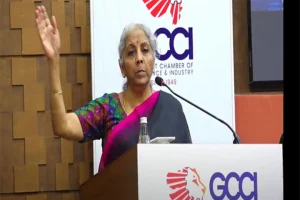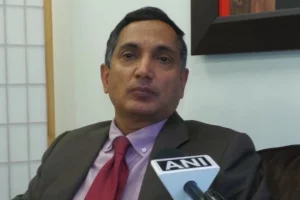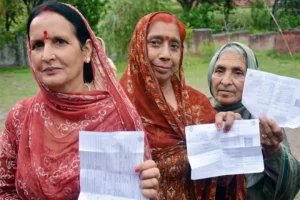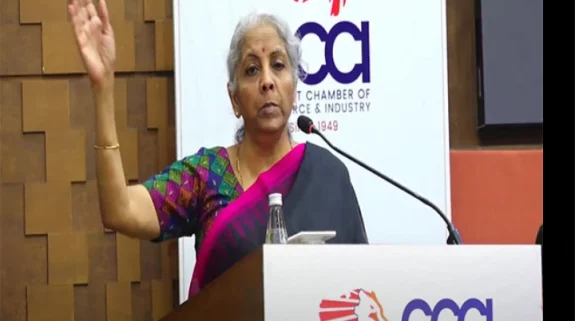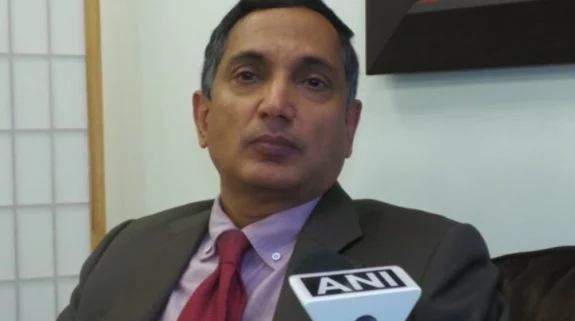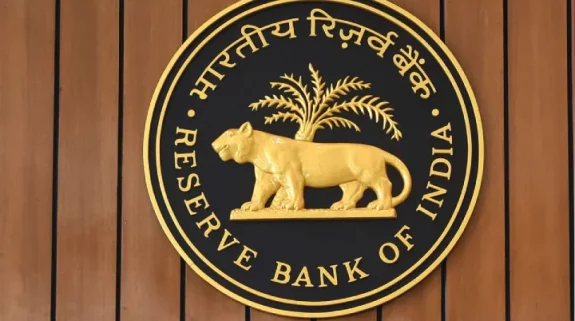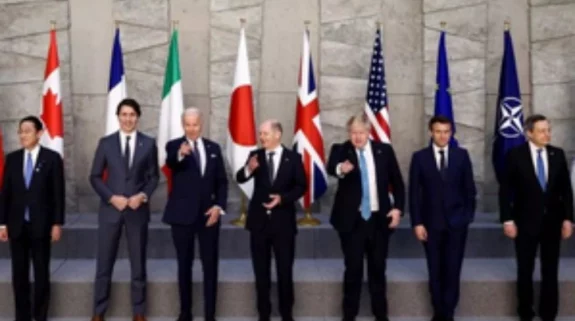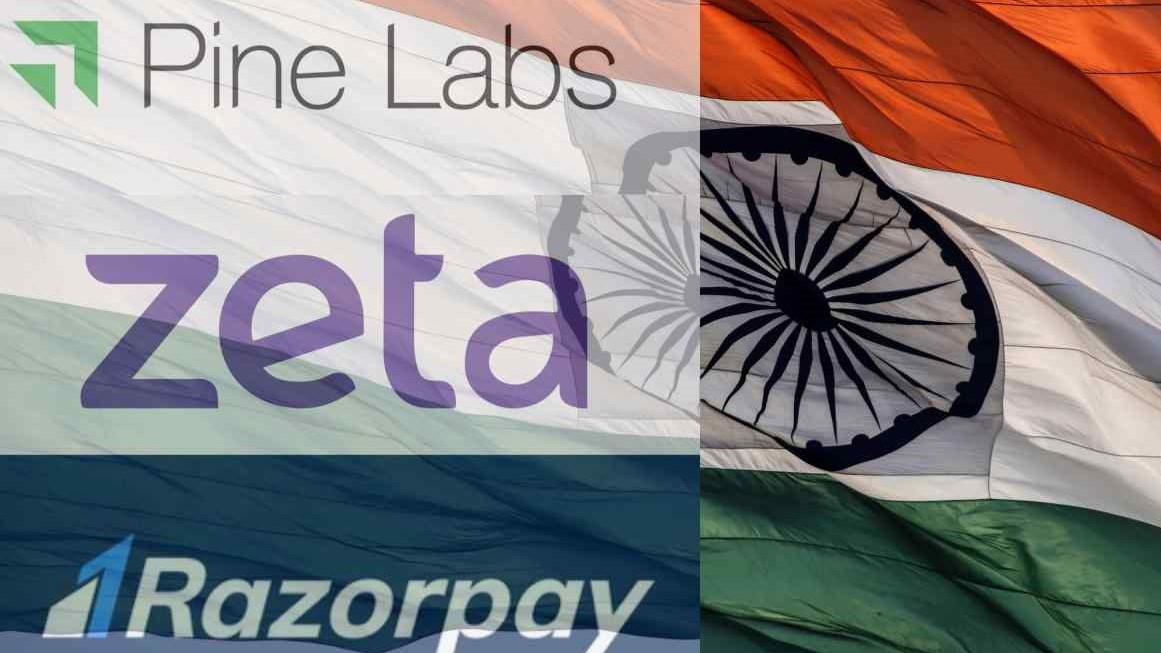
How Covid and demonetisation pushed Indian Fintech unicorns into Southeast Asia(Credit: NIKKEI Asia)
A combination of the demonetisation and Covid-19 has triggered a chain reaction, spurring Indian Fintech companies not only to consolidate at home but also hunt for overseas markets in Southeast Asia.
Analysts point out that three factors have spurred a Fintech revolution in India, which is now finding a footprint in the 10-nation Association of Southeast Asian Nations (ASEAN). First, the presence of 500 million smartphone users, second only to China, has provided the critical mass for Fintech to take-off. Apart from the viral spread of the internet, demonetisation initiated by the Prime Minister channelled Indian entrepreneurs to look for opportunities in the cashless universe.
“The pandemic further boosted demand for online shopping and cashless payments. The number of installed point-of-sale terminals doubled from 2.5 million in 2017 to 5.1 million in March 2020,” observes an article in the Nikkei Asia, citing findings by research firm Sanford C. Bernstein.
India's fintech unicorns eye Southeast Asia expansion
The daily cited Pine Labs, which was valued at $3 billion in a funding round last month. It says that the company recently began offering a "buy now, pay later" service to retailers in Malaysia, allowing customers to pay in zero-percent instalments using their credit cards.
"Most of the Southeast Asian markets are where India was about two and a half years back," Pine Labs CEO Amrish Rau was quoted as saying in a Nikkei interview. "So, I think there lies the opportunity … where the wave of small-value digital payment transactions is going to become very, very big."
Also read: BharatPe in talks to raise $250M led by Tiger Capital: Report
In April, Pine Labs acquired Fave, a Malaysian startup offering promotions for online purchases. As a result, Pine Labs acquired a sales force of 350 people to expand its network. The company now plans to expand its footprint in Thailand, Singapore, Indonesia and the Philippines, forging partnerships with local banks on the way.
Razorpay, which processes online payments for services such as food delivery and e-commerce, is also heading for Southeast Asian shores. "It is really the right time for us to take the payments [products] that we built in India and to take them to markets in Southeast Asia, where similar products exist," Nikkei quoted Harshil Mathur, co-founder and CEO, as saying. "So, you're looking at markets like Indonesia, Malaysia, Vietnam and the Philippines. We will launch in at least one or two markets before the end of this financial year."
Zeta Services, which offers financial services products to banks and other companies, has benefited from $250 million funding by SoftBank Group's Vision Fund 2. "If you, as an e-commerce company, want to launch a credit card, a debit card, a wallet or buy now, pay later loan …100% of the technology can be provided by us," he told Nikkei.
Also read: Paytm to break even in 12-18 months: Bernstein
Despite the enthusiasm to go abroad, analysts caution that entrenching in Southeast Asia would not be easy. New entrants were likely to face stiff competition for the region’s established players. will likely add to the already intense competition for Southeast Asian shoppers. For instance, Grab Financial Group (GFG), is Southeast Asia’s leading fintech platform. Gojek of Indonesia is another on-demand multi-service platform and digital payment technology group based in Jakarta, which is a regional heavyweight. Similarly, Sea is a leading internet platform in Southeast Asia and Taiwan. Involved in three key areas of digital businesses–gaming, e-commerce and fintech—the company has greatly benefited from the pandemic.
“The question now is how much can you (Indian unicorns) replicate your success into other markets, but it's not easy. … There are enough players in Asia," Rahul Malhotra, an analyst at Bernstein was quoted as saying.






